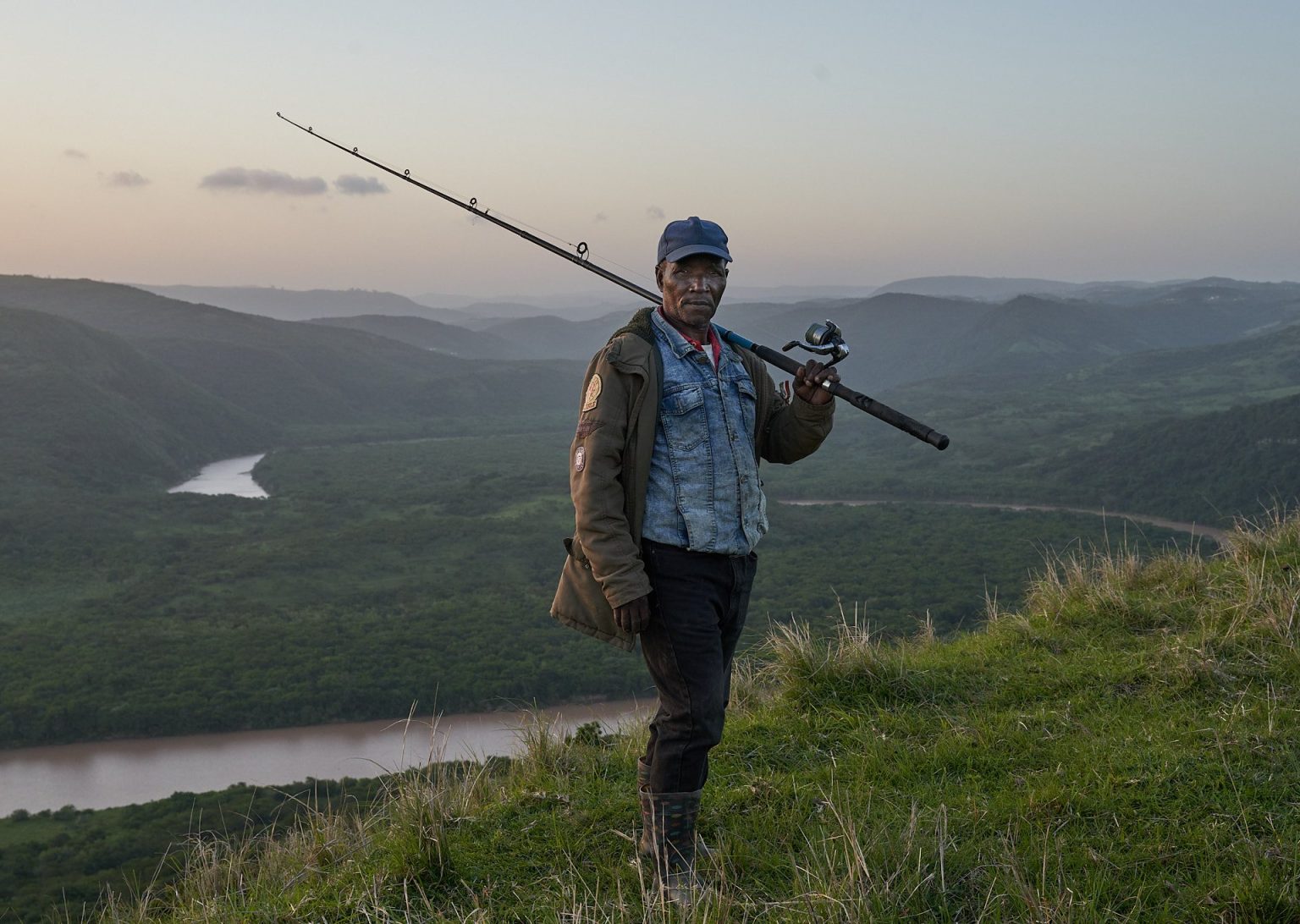Shell’s final lifeline has come into question as the company and Impact made their final application to renew an exploration right in 2023. The South African court system found that this right had been granted unlawfully, but in a controversial decision, the Supreme Court of Appeal (SCA) allowed the Minister of Mineral Resources and Energy to renew Shell’s application at his discretion, avoiding the need to start from scratch. However, the Wild Coast communities, represented by the Legal Resources Centre, appealed this decision to the Constitutional Court, arguing that it undermined the right to meaningful consultation and could allow seismic surveys to proceed despite flawed consultation processes.
The communities also raised concerns about the legal requirements for environmental authorizations needed for activities like seismic exploration. Despite Shell and Impact appealing the SCA findings, the Constitutional Court dismissed their appeal but granted the appeal brought by the communities. This decision implies that Shell may have to restart the entire application process if they wish to continue extracting oil and gas in the waters offshore the Wild Coast and Dwesa-Cwebe. Ultimately, the Constitutional Court will have the final say on whether Shell can continue their exploration activities.
Shell sees the potential exploration as a positive development for South Africa’s energy security and economic development programs. However, South Africa’s Minister of Mineral Resources and Energy, Gwede Mantashe, expressed frustration at the obstacles to oil and gas exploration, citing frivolous litigation as a hindrance to these projects. Mantashe dismissed the concerns of the communities, attributing them to foreign-funded lobby groups and NGOs. Despite this, the Constitutional Court’s decision will determine the future of oil and gas exploration in this region.
The decision by the SCA to allow the Minister to renew Shell’s application at his discretion has sparked controversy and legal challenges from the Wild Coast communities. Wilmien Wicomb, a lawyer representing the communities, argued that the initial exploration right was granted unlawfully and after a flawed consultation process. The communities also raised concerns about the environmental authorizations required for activities like seismic surveys, highlighting potential environmental impacts and the need for proper consultation with affected communities.
Shell’s appeal against the SCA findings was dismissed by the Constitutional Court, while the appeal brought by the communities was granted, setting the stage for a court date in the near future. If the Constitutional Court upholds the appeal brought by the communities, Shell may have to start the application process from scratch, adding more uncertainty to their exploration plans. Despite the potential benefits of offshore resources for South Africa’s energy security and economic development, the legal challenges and court decisions will ultimately shape the future of oil and gas exploration in this region.
Overall, the legal battle over Shell’s exploration rights highlights the complexities and challenges of oil and gas exploration in South Africa. The conflicting interests of industry, government, and local communities underscore the need for transparent and inclusive decision-making processes that prioritize environmental protection and community consultation. The outcome of the Constitutional Court’s decision will have far-reaching implications for the energy sector in South Africa and the future of offshore exploration in the Wild Coast region.













